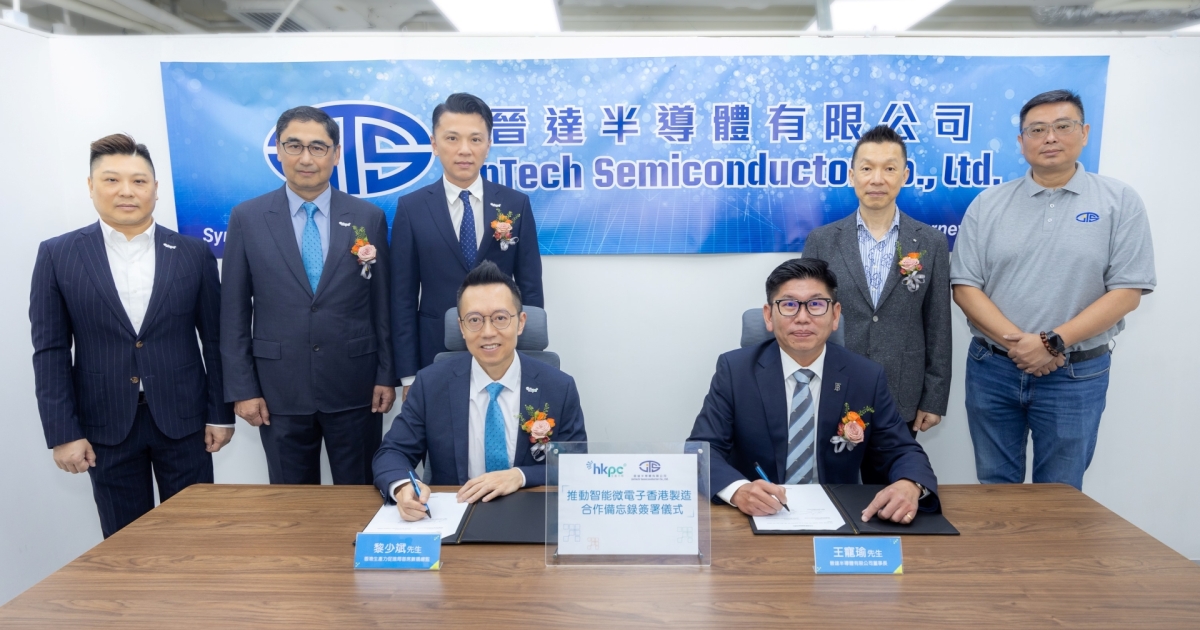TOKYO, Japan — Sumitomo Electric Industries, a Japanese chipmaker, will begin fabricating semiconductors for 5G base stations in the United States in September, according to Nikkei, amid mounting fears about supply chain disruption due to a global chip shortage. Sumitomo Electric, which controls 70% of the global market and is a significant supplier to Chinese telco Huawei Technologies, aims to expand its supply capacity in the United States. The 5G chipmaker has established a production facility in New Jersey, which is run by US contract manufacturer II-VI. The investment was in the billions of yen range (1 billion yen = $9 million). The plant will make transistors, which are a key component of base stations and are used to boost signals. Gallium nitride is a substance used by the corporation, and some believe it will eventually replace silicon as the primary chip material. In comparison to silicon, gallium nitride is a glass-like material with improved communications capacity and decreased power consumption. According to an industry official, the cost of a gallium chip is substantially greater, but acceptance is growing. With sixth generation technology, demand is predicted to rise due to gallium nitride’s higher overall efficiency. Semiconductors made in the United States will be delivered to communication equipment manufacturers in the United States and Europe, including Ericsson of Sweden and Nokia of Finland. Assuming that 90 percent of Sumitomo Electric’s present supply is destined for Chinese manufacturers, the company hopes to increase sales to customers in the United States and Europe. According to a French research organization, the market for gallium nitride transistors will reach $522 million in 2025, more than doubling what it was in 2018. Sumitomo Electric is followed by Qorvo of the United States and Mitsubishi Electric of Japan. Production in the United States also aligns with Washington’s aim of bolstering its domestic semiconductor industry. Due to the semiconductor scarcity and difficulties in China-Taiwan relations, the United States has been on high alert, and is currently debating a plan that would spend $52 billion in semiconductor production and R&D in the United States. Leading semiconductor companies such as Taiwan Semiconductor Manufacturing Co. and Samsung Electronics of South Korea have announced plans to invest in the United States./n
Read MoreSumitomo Electric to produce 5G chips in US amid shortage
2021-07-03T15:31:14-04:00July 3rd, 2021|





